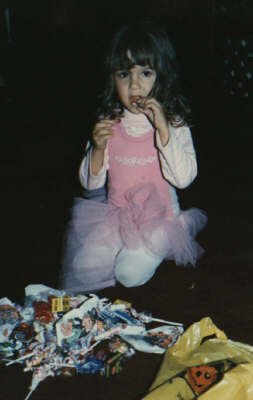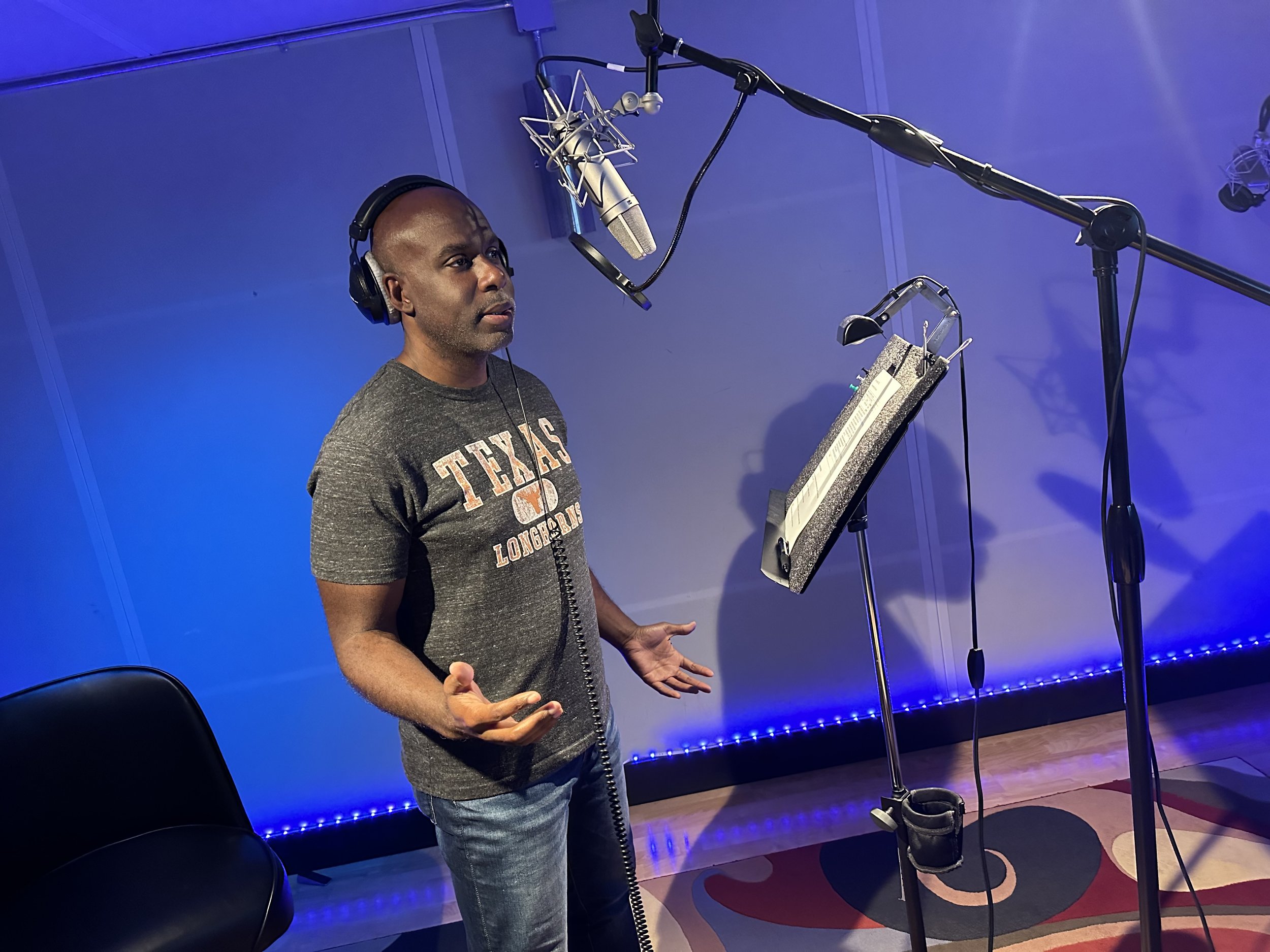Isolation can be awesome. Rich Summers knows. He lives in the middle of the Idaho mountains. And because he’s in voiceover, the world he lives in, nature only enhances his ability to be not good but great at the backwoods-type sound he delivers.
In his environment, wildlife is everywhere. Quiet nature sounds are the golden vibe of a place on earth that has yet to be developed. The animals are happy here. The air has a distinct taste. The spirit echoes a vibe from hundreds of years ago when the Shoshone, Nez Perce,’ Kootenai, and Coeur d’Alene native American Indians ruled. It was their land. And if you ask the universe, it still Is.
Sounds of an organic world that hasn’t changed in thousands of years embody Idaho. “I was born in Utah and moved to Idaho as a kid.” And this is where Rich lives.
“The bald eagle, a typical sight in the mountains of Idaho.”
And that’s where our story begins about a young man who wanted to work using his voice. And now, at 68, he’s doing better than he ever has. His lifestyle is stress-free. His surroundings are full of God’s love. His work environment is successful and growing. “And none of it would have happened if I had not got into radio in the 70s during high school and learned the art of commercializing music.”
The year was 1974, the pay was $1.25 an hour, and Rich himself could not have been more stoked. “I was on the radio.”
That start would create a vagabond lifestyle that all radio programmers and DJs are familiar with. It’s this city this year, that city the next year, and it never stops. Ultimately, Rich did not finish college in lieu of his radio interests. “I just couldn’t have been more excited,” says Rich. “College no longer served me, so I didn’t finish.”
What didn’t get left behind, however is the owner of a radio property that tapped Rich to be the program director. The program director, or the PD, is the person who oversees the sound of a station and the one responsible for the ownership of all you hear. “At the time, I hated it, but I learned how to program a station by listening to big market stations and copy what they were doing because I had no idea.”
The years would come and go, just like the radio jobs, the property owners, the DJs, and the toxic atmosphere indicative of what it is really like in many terrestrial radio stations. But in 2018, that was it. “I was finished with radio, enough! I had to put down some roots and figure out what to do with the rest of my life.”
Enter the art of being a VO actor. “I thought I could walk in there and just immediately succeed, but it didn’t go like that,” says Rich. His first coach told him, “Don’t let anybody know you come from radio.” That’s because radio and voiceover typically don’t complement each other. The radio man has one kind of sound. The voiceover artist has another. So, they typically don’t co-mingle.
The VO artist is a self-employed person who marches to the beat of their own drummer. The radio DJ is a corporate person who works for the station. “Don’t tell them about that radio stuff,” the coach told Rich. And so, Rich didn’t. And in doing so, Rich learned how to finesse his way into a world where the voice and art truly meet. The corporate mindset of radio got left in the dust, just like college did.
“I got in at the right time, and I had to reinvent myself,” says Rich. His earthy, scratchy, down-home voice pitch was perfect for certain projects.
“Covid changed the voiceover business; lucky for me, I work in the middle of nowhere,” Rich adds. “So, my life didn’t change one bit.”
Listen distinctly to Rich’s unique sound. There is no indication that he comes from the radio business. And that was exactly what the casting directors wanted. You can hear the essence of the outdoors within his unique sound. It’s his trademark.
There’s a certain type of voice for every project. Rich uses his no-accent Pacific Northwest dialect to compliment the backwoods flavor of his voice. It worked.
“You get out of the universe what you put into the universe,” says Rich. “There is no overnight success, but now, I’m in business for myself and work out of my own studio at home right here in Idaho.”
Rich’s success numbers are off the charts. Most voice actors score one voiceover gig per one hundred auditions. Rich scores one in 58, an unheard-of high rate of success. “You can’t ignore the fact I had years of experience using my voice when I entered the profession, and it has paid off.” https://www.richsummersvo.com
A bobcat that Rich’s dog treed
Rich believes in the three B philosophy. “Be informative. Be entertaining. Or be quiet.”
And his appreciation for his homeland is so overwhelming that Rich paints landscapes to show his gratitude for the world he lives in. www.richsummersart.net
So, if you are ever in the middle of Idaho, you’ll feel the solitude and sanctuary I’m writing about. It’s the Northern Rockies. It’s quiet. It’s nature in full bloom. It’s a place in America frozen in time. And people are not plentiful per se. And that’s okay with Rich Summers because isolation truly is awesome.



















































